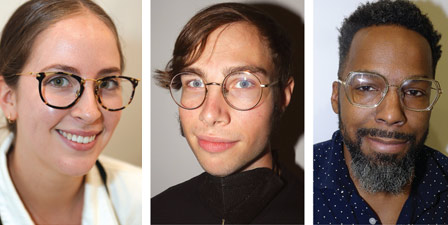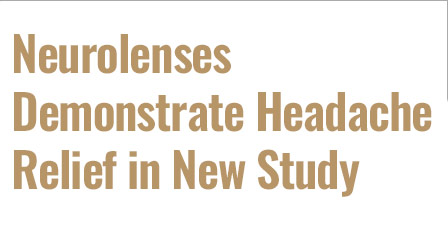Salus University has partnered with National Vision to create a pilot program focused on training students on conducting remote eye exams utilizing high-tech equipment and real-time secure HD video conferencing. The technology enables optometrists to see patients remotely in locations that do not have a doctor or when the doctor is not available.
Doctors from the university launched the pilot program in January, conducting remote exams from The Eye Institute, the university’s main clinical optometric facility, for patients within a retail optical location operated by National Vision.
“Telemedicine is not a new concept, yet the use in optometry is somewhat controversial. PCO (the Pennsylvania College of Optometry) has a long history of leading the profession and keeping abreast of the latest developments,” says Dr. Maria Parisi, associate dean of Salus University’s Pennsylvania College of Optometry. “Initiating this pilot project will allow us to reveal the strengths and limitations of this inevitable innovation. PCO looks forward to providing recommendations on best practices to eyecare providers.”
The program provides patients with an eye examination, inclusive of both subjective and objective refraction as well as anterior and posterior segments eye health testing. A certified technician employed by National Vision facilitates the exam in person, gathering all necessary information about the patient and transmitting it via computer to a doctor at The Eye Institute. At The Eye Institute, PCO faculty serve as proctors allowing students to observe a full remote examination without ever stepping foot in the same room as the patient.
“Technology is changing rapidly, and we believe it is important to learn and explore to ensure we are always operating in ways that are best for patients, customers and doctors,” says National Vision’s CEO Reade Fahs. “We are proud to have the opportunity to support advancing the field of optometry and optometric education through this partnership pilot, and to explore how rapidly changing technology can help us support our doctor network to potentially see difficult-to-reach patients and ultimately advance our mission of providing affordable, accessible eyecare and eyewear.” Fahs is a member of the Salus University Board of Trustees.
–Andrew Karp













